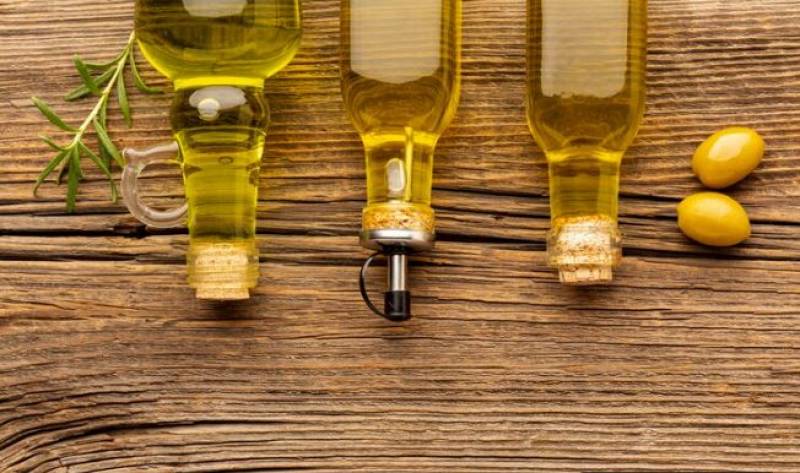
To be listed on the CAMPOSOL TODAY MAP please call +34 968 018 268.

Guidelines for submitting articles to La Manga Club Today
Hello, and thank you for choosing La Manga ClubToday.com to publicise your organisation’s info or event.
La Manga Club Today is a website set up by Murcia Today specifically for residents of the urbanisation in Southwest Murcia, providing news and information on what’s happening in the local area, which is the largest English-speaking expat area in the Region of Murcia.
When submitting text to be included on La Manga Club Today, please abide by the following guidelines so we can upload your article as swiftly as possible:
Send an email to editor@lamangaclubtoday.com or contact@murciatoday.com
Attach the information in a Word Document or Google Doc
Include all relevant points, including:
Who is the organisation running the event?
Where is it happening?
When?
How much does it cost?
Is it necessary to book beforehand, or can people just show up on the day?
…but try not to exceed 300 words
Also attach a photo to illustrate your article, no more than 100kb

Why is olive oil still so expensive in Spain despite falling prices?
In the last year, prices fell by 50% at source but only by 25% in Spanish supermarkets

If you’ve been to the supermarket lately, you might have noticed that olive oil is still very pricey, despite reports that its cost has plummeted at the source due to a bumper harvest last year. Once a staple item on the Spanish dinner table, this so-called ‘liquid gold’ should be getting more affordable, so why aren’t we seeing our grocery bills go down?
Economists have a name for this kind of pricing phenomenon: the ‘rocket and feather’ effect. When farming or production costs go up, retail prices tend to soar like a rocket. But when prices fall, they tend to float down much more slowly, like a feather.
That’s exactly what’s happening with olive oil in Spain. Since 2021, extreme droughts, skyrocketing production costs and the war in Ukraine have driven prices through the roof. In just three years, the cost of olive oil in supermarkets tripled, despite government attempts to ease the burden by cutting VAT.
But things started to turn around in 2024. Thanks to much-needed rain, Spain’s olive harvest improved significantly, boosting supply and bringing down wholesale prices. By the second half of last year, the price of extra virgin olive oil at source had dropped by more than 50%.
According to Spain’s Ministry of Agriculture, extra virgin olive oil cost around 9 euros per litre in January 2024 but had dropped to 4.20 euros by the end of the year – that’s a 53.3% decrease.
But in the supermarkets, this mark-down has been far less dramatic and most shoppers probably won’t have noticed much of a difference.
In fact, a recent report by consumer group Facua found that the price of a one-litre bottle in major stores only fell by 24%, from 12.88 euros to 9.79 euros.
The Consumer Price Index (CPI) reflects the same pattern: while olive oil prices soared by 63% in 2023, the drop in 2024 was a much more modest 15.8%, again clearly reflecting the ‘rocket and feather’ effect.
Supermarkets justify this by pointing out that many of the bottles currently for sale were purchased by their chains when prices were much higher, so they can’t afford to sell them at a loss.
Industry sources also claim that when prices were at record highs, supermarkets absorbed some of the cost rather than passing it all on to consumers.
However, these arguments don’t have everyone convinced and Cristóbal Cano, head of the Olive and Oil Sector at UPA (Union of Small Farmers and Ranchers), believes retailers are deliberately protecting their profit margins by keeping supermarket prices high for as long as possible.
He’s calling for stricter enforcement of the Food Chain Law, which requires prices at each stage of the supply chain to reflect actual production costs. In theory, that means if prices drop at source, supermarket prices should follow, something that’s clearly not happening at the moment.
The good news is that prices are expected to stabilise in 2025, with the Spanish government forecasting that olive oil production will increase by 48% in the 2024-2025 season, easing pressure on the market.
Miguel Ángel Guzmán, sales director of Deoleo, the world's largest olive oil producer, predicts that this year, olive oil will settle at around 5 euros per litre, a far more “reasonable price” as far as he’s concerned.
In other news: Home delivery costs rise: Which Spanish supermarkets offer the best deals
Image: Freepik
Sign up for the Spanish News Today Editors Roundup Weekly Bulletin and get an email with all the week’s news straight to your inbox
Special offer: Subscribe now for 25% off (36.95 euros for 48 Bulletins)
OR
you can sign up to our FREE weekly roundup!
Read some of our recent bulletins:
25% Discount Special Offer subscription:
36.95€ for 48 Editor’s Weekly News Roundup bulletins!
Please CLICK THE BUTTON to subscribe.
(List price 3 months 12 Bulletins)
Read more stories from around Spain:




























